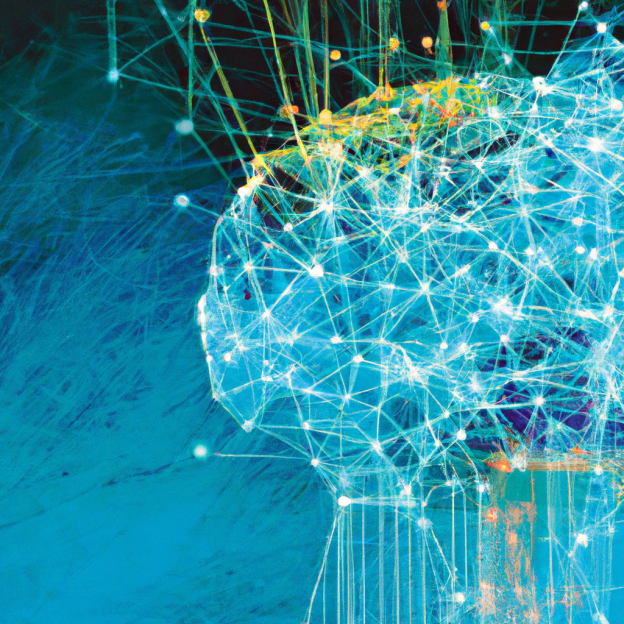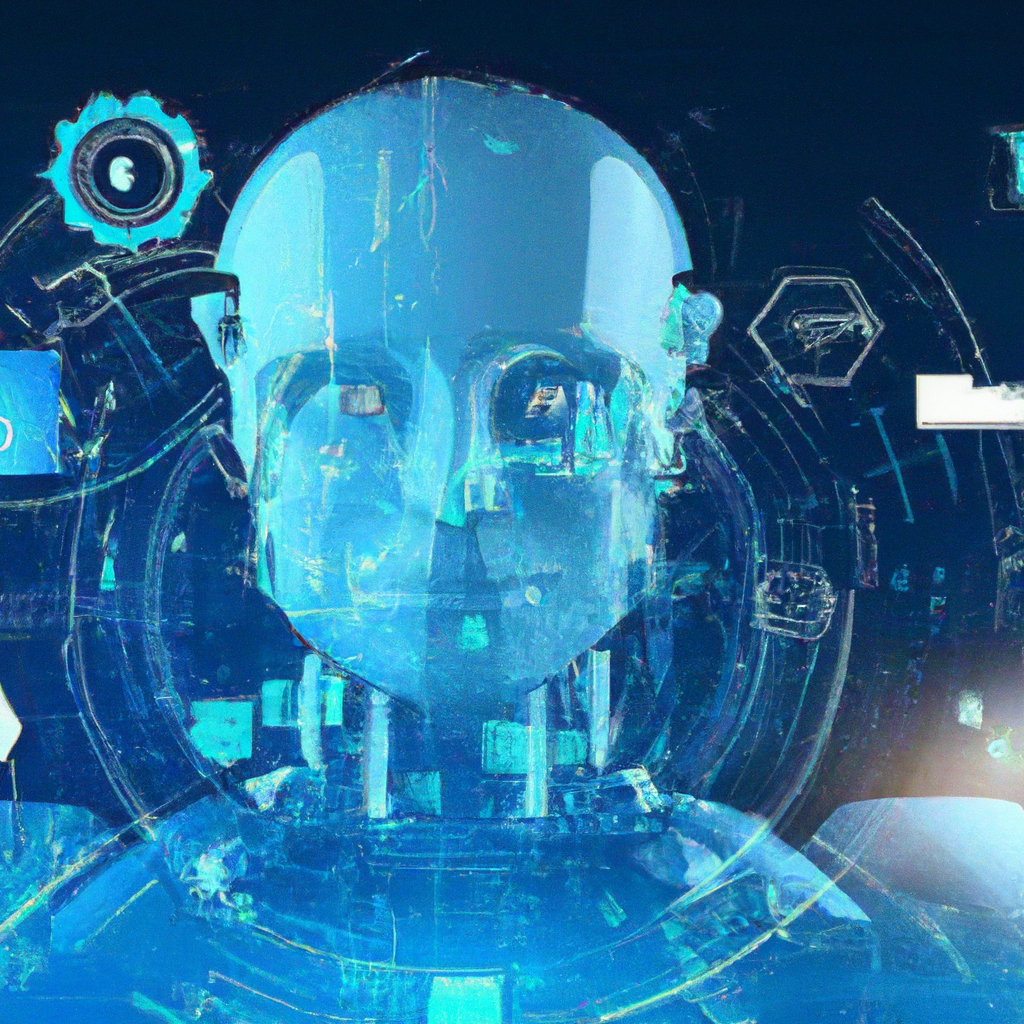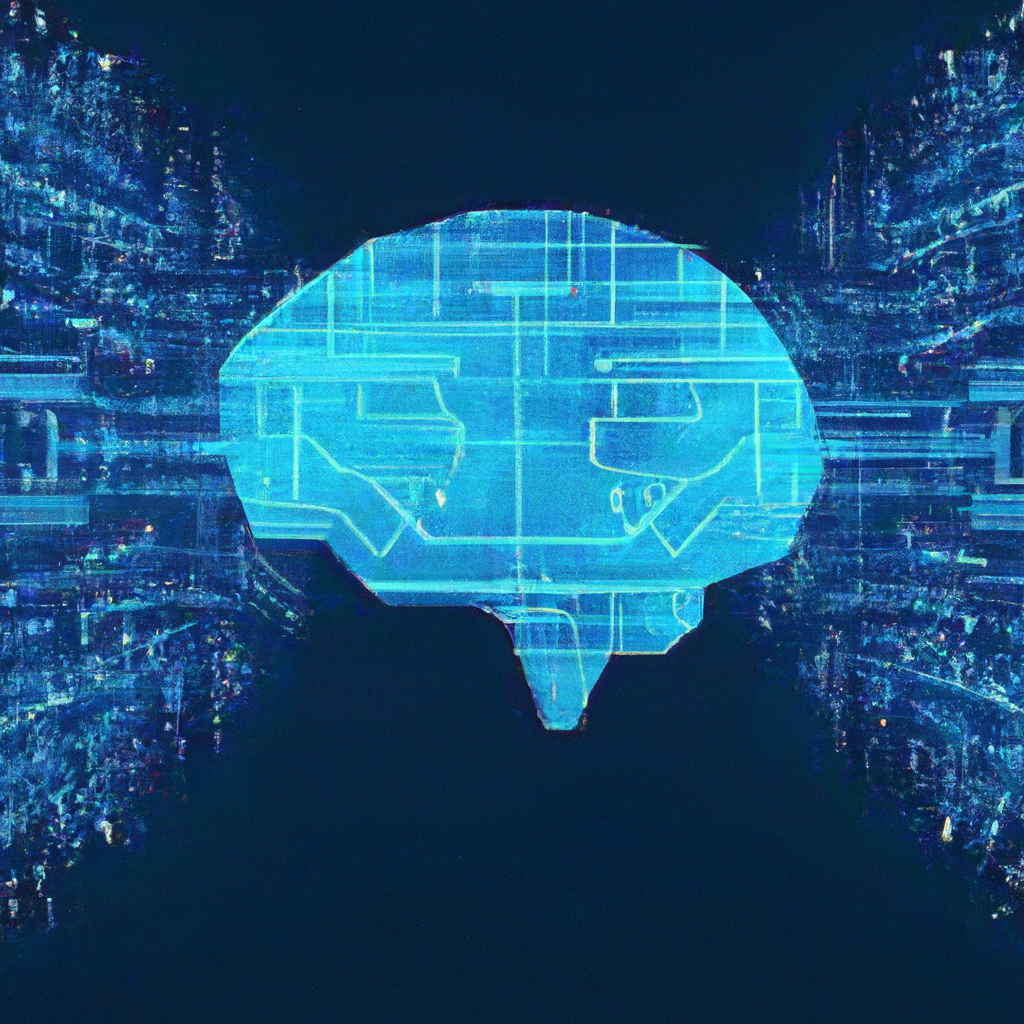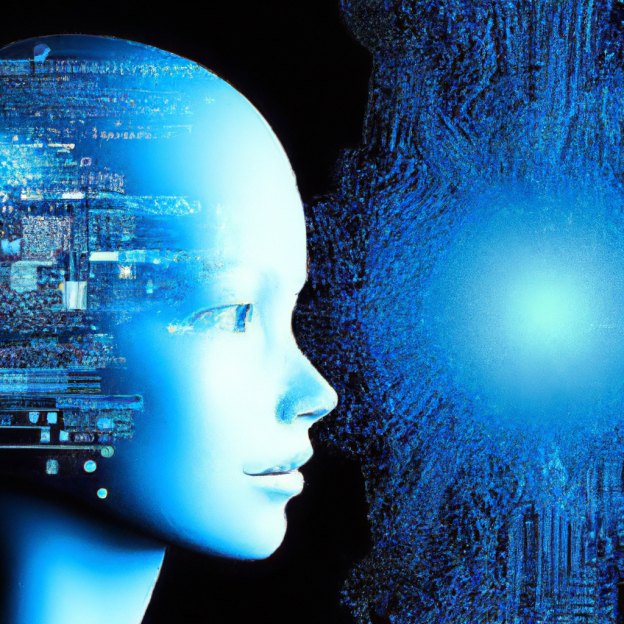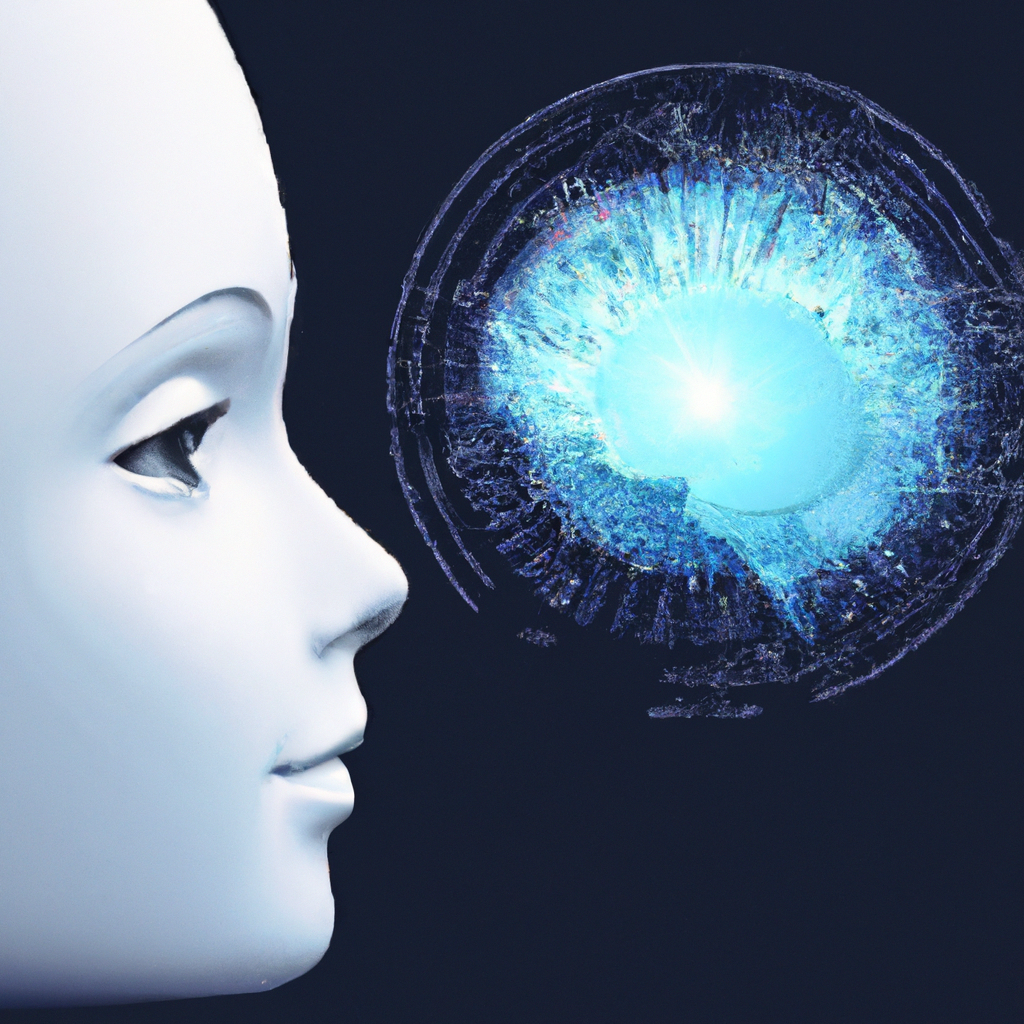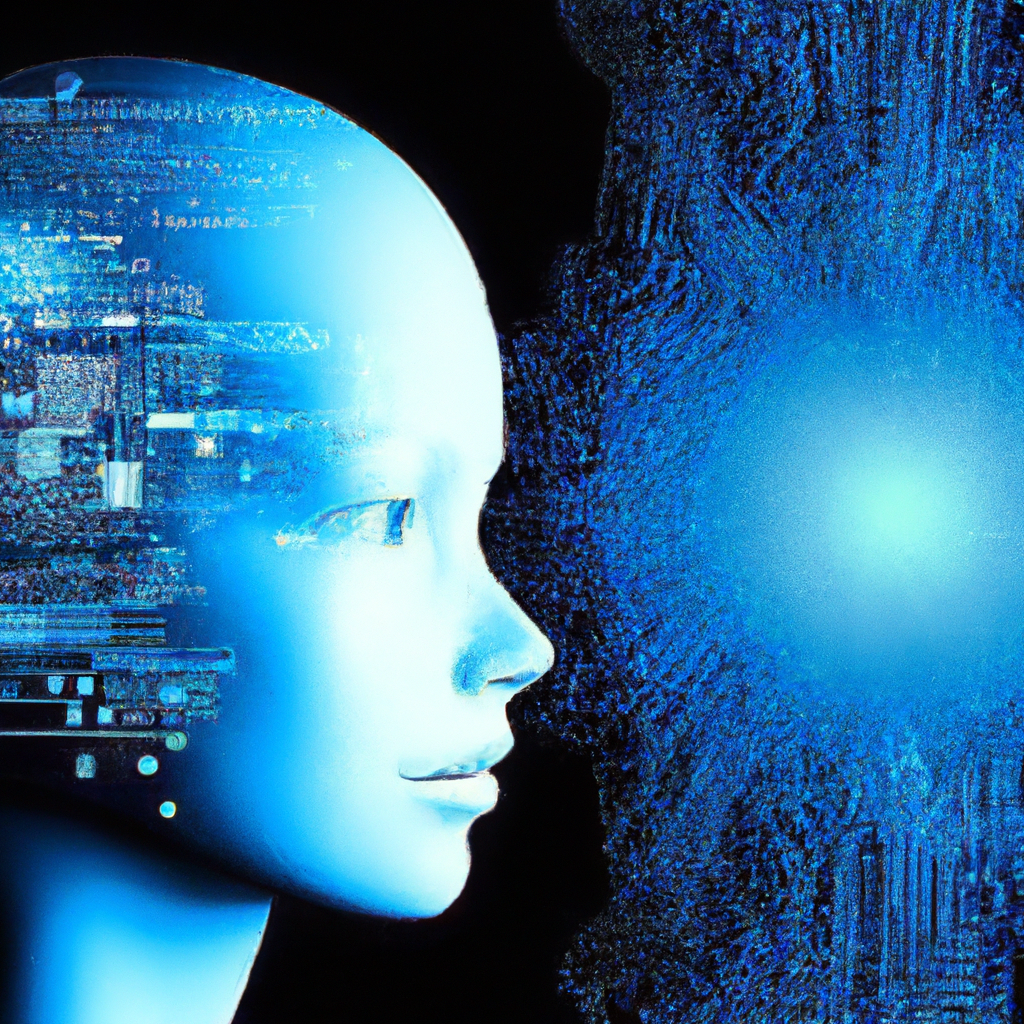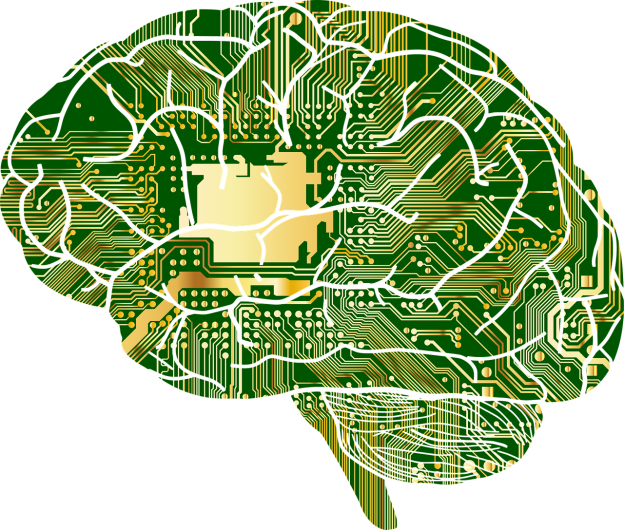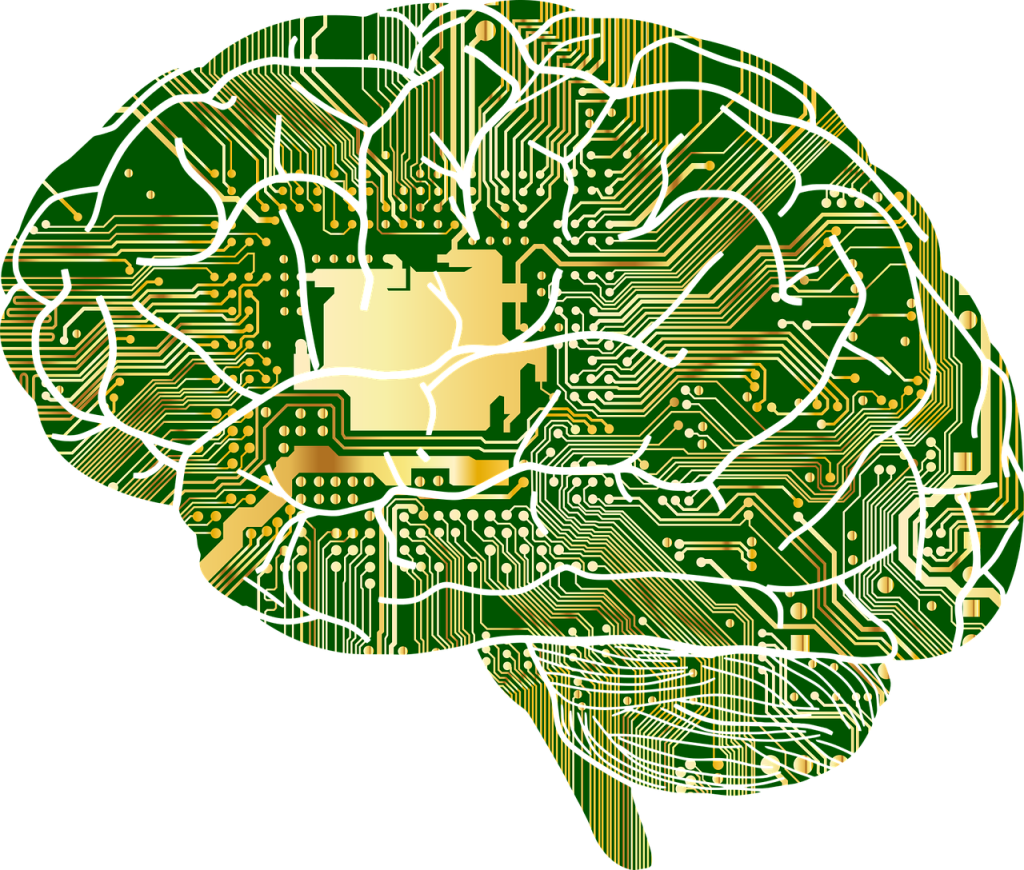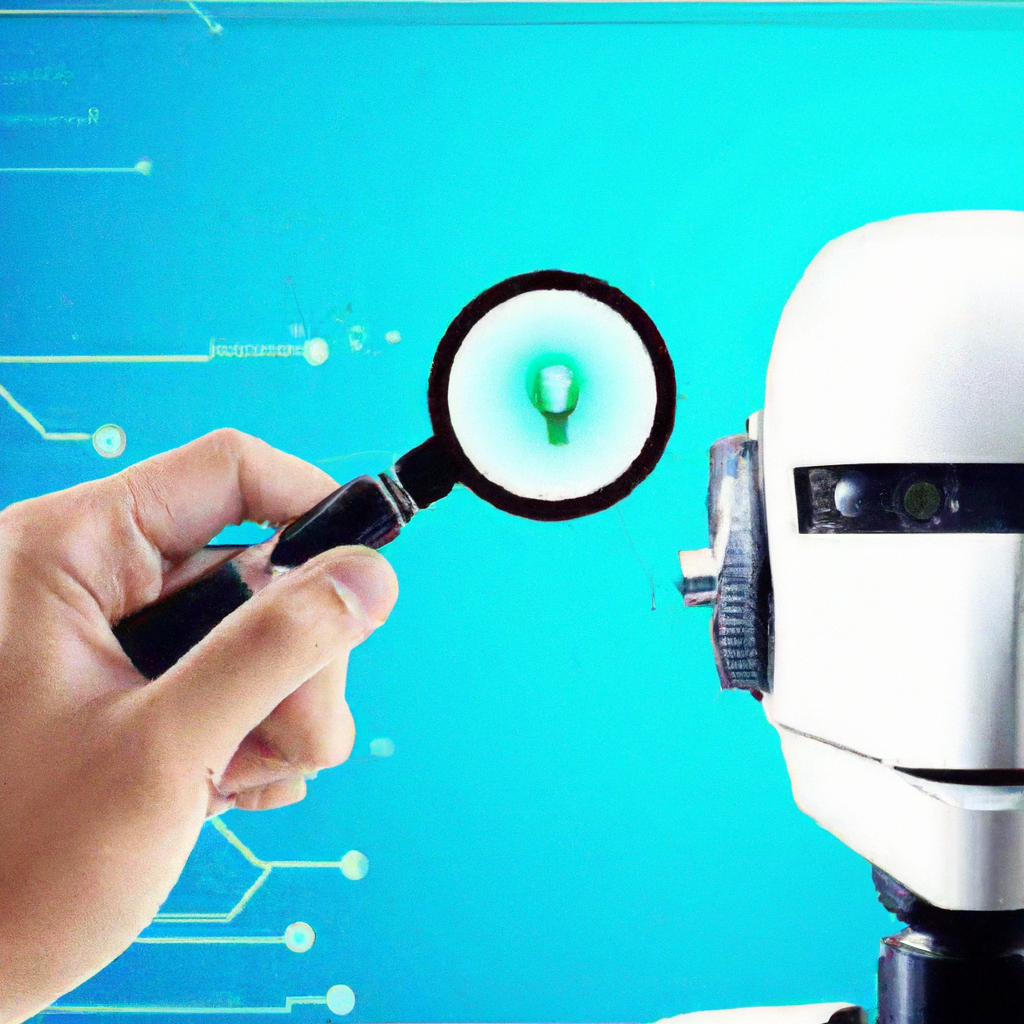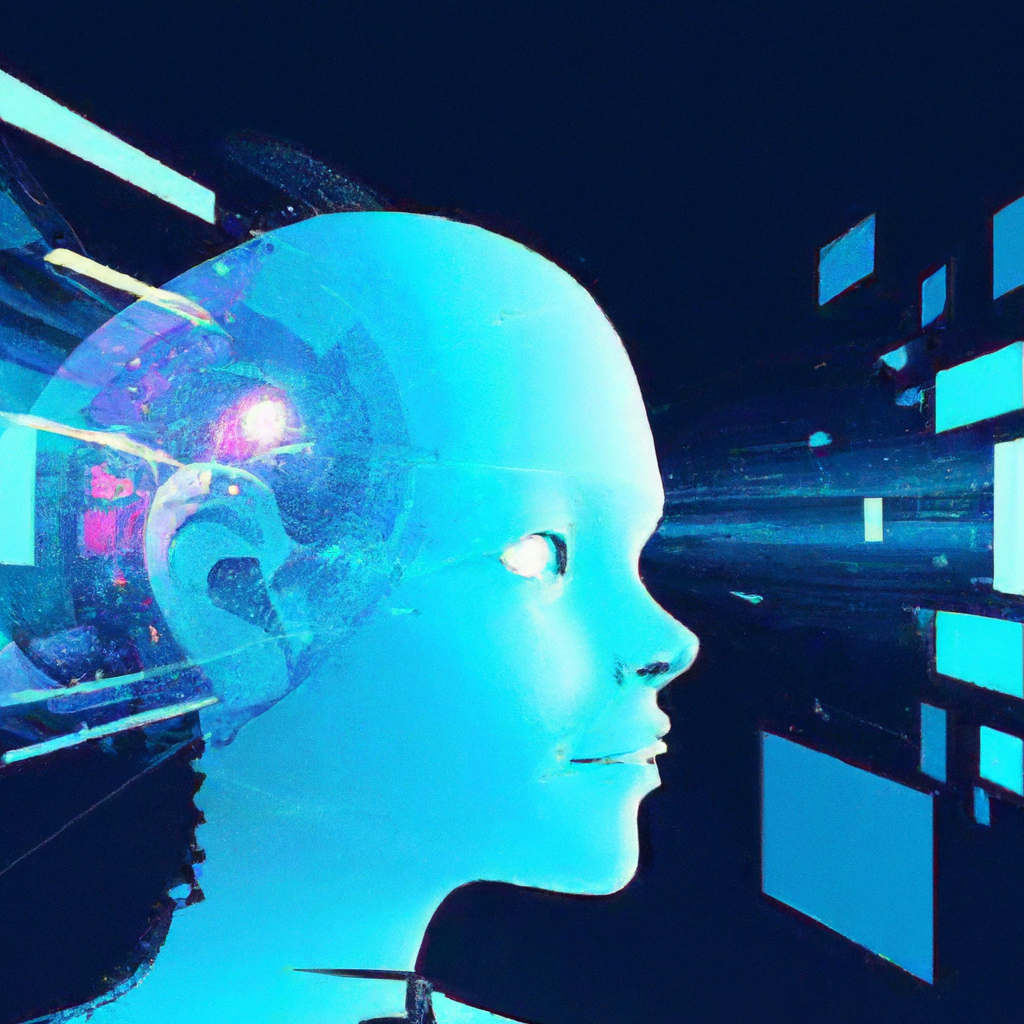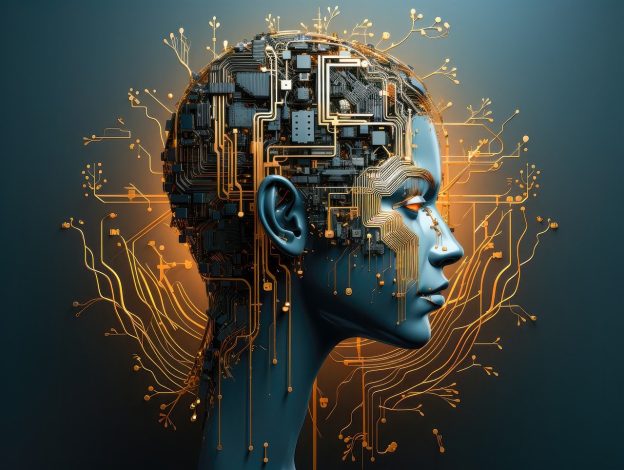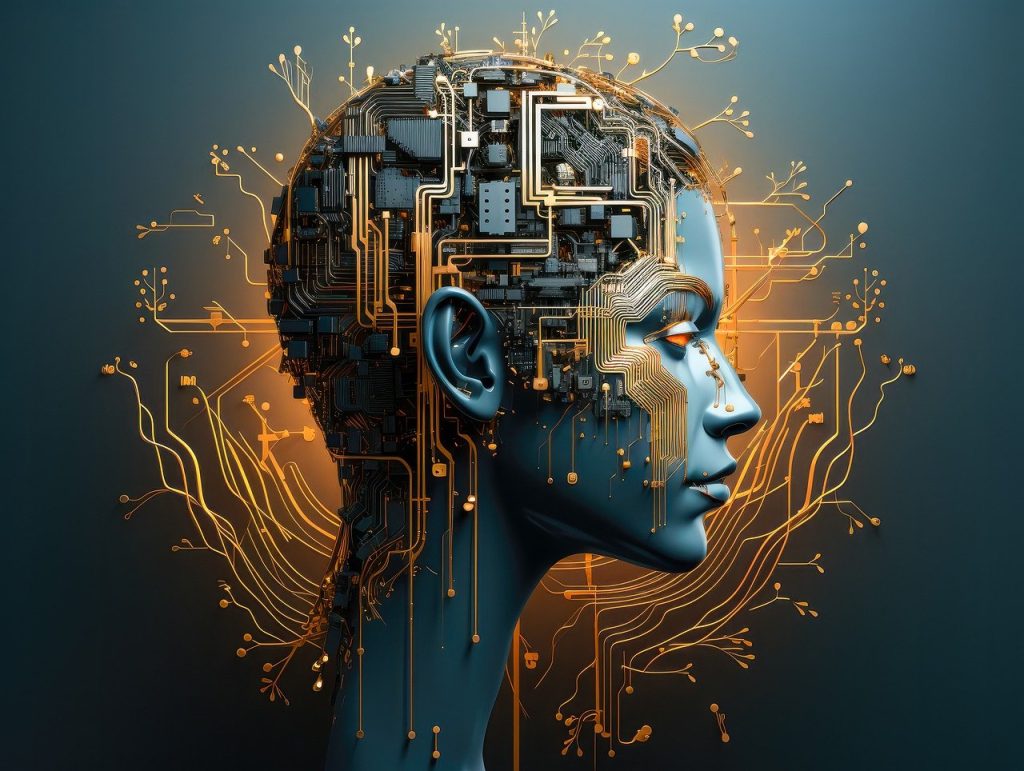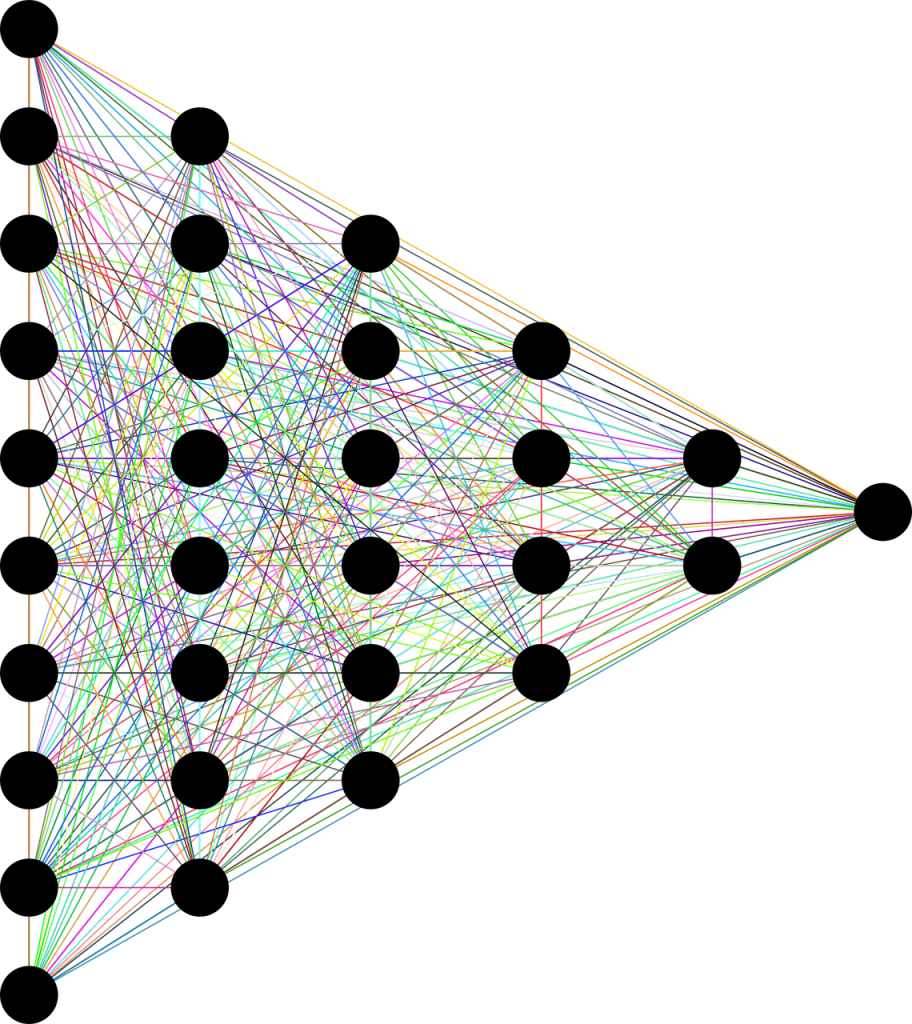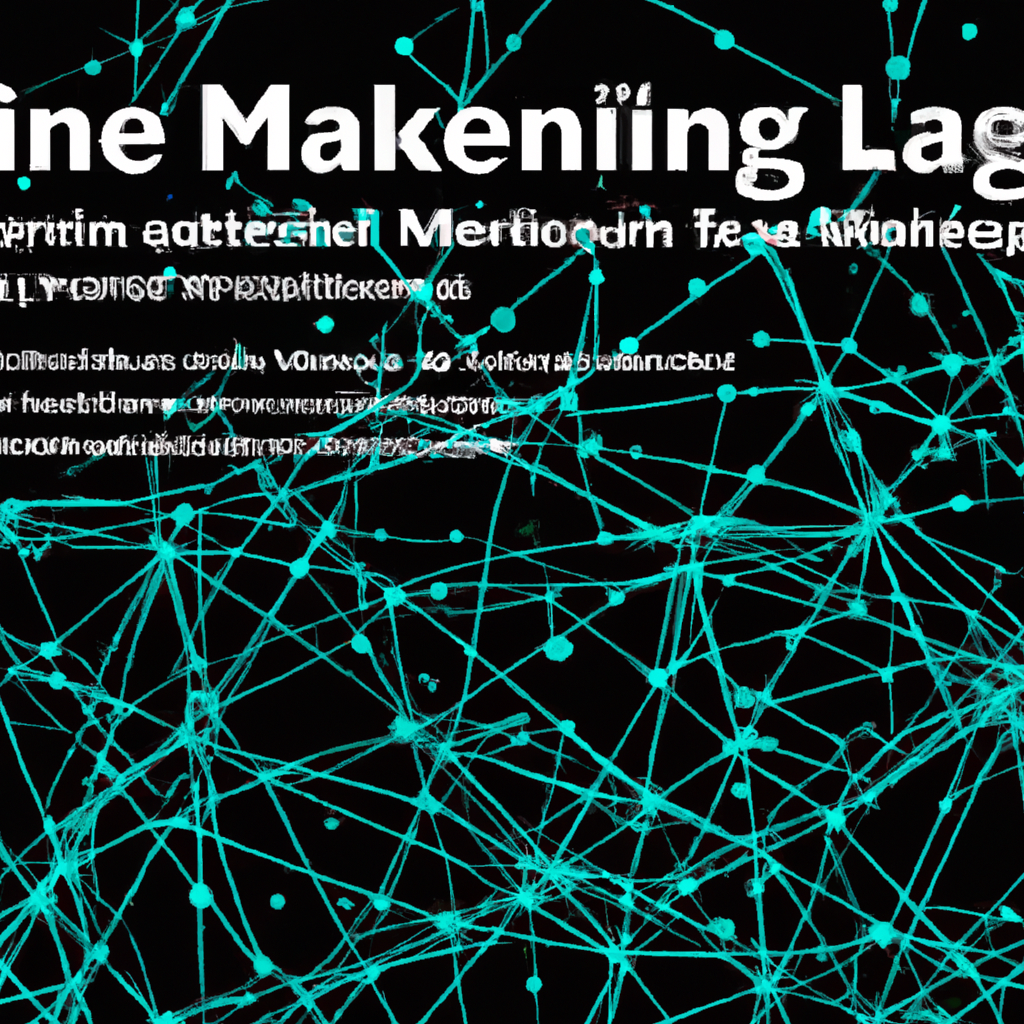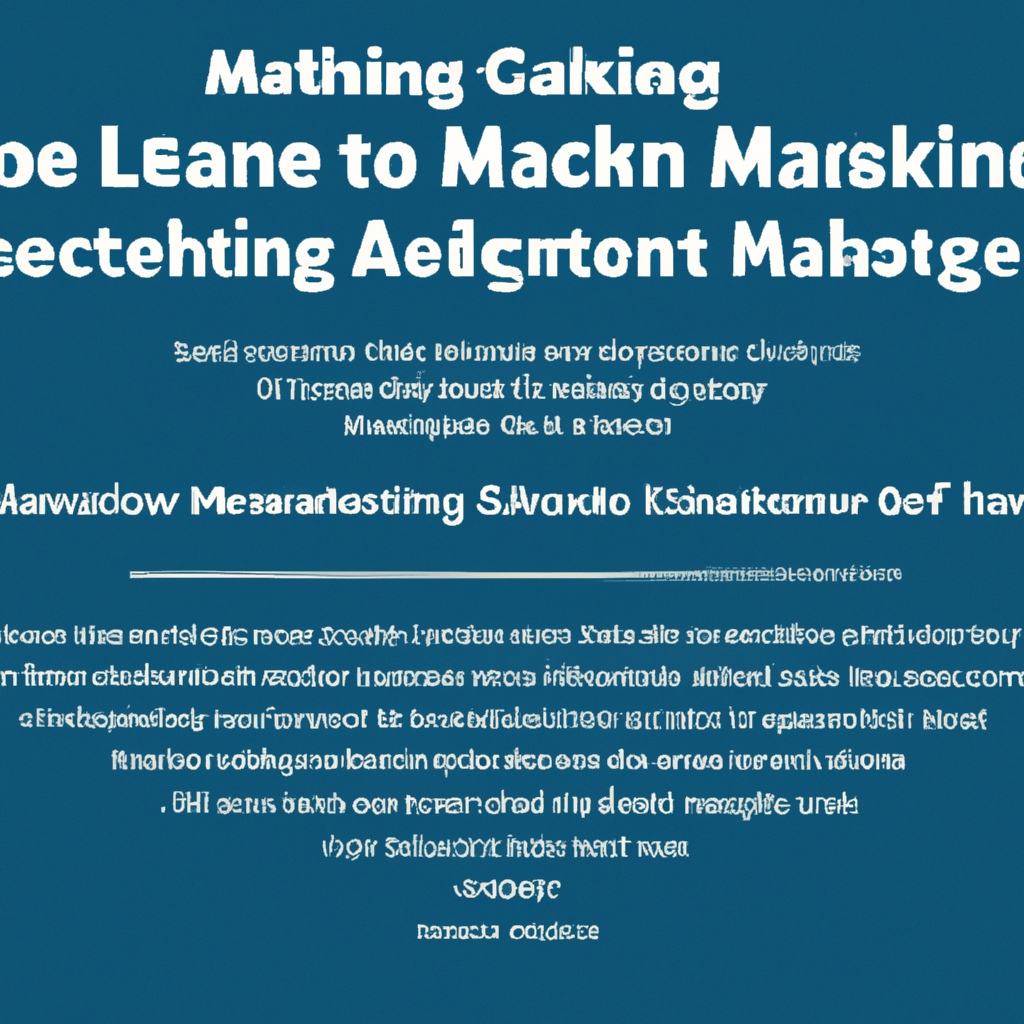Imagine a world where marketers no longer have to rely on guesswork and assumptions to reach their target audience. A world where artificial intelligence (AI) takes the lead in understanding consumer behavior, predicting trends, and delivering personalized experiences. This is the future of AI marketing, a dynamic landscape that is rapidly evolving and reshaping the way businesses connect with their customers. But amidst all the hype and promises, a question lingers: Is AI marketing still working? Let’s explore the effectiveness and potential challenges of implementing AI in marketing strategies, and uncover whether this technological powerhouse is here to stay.
The Benefits of AI Marketing
Artificial Intelligence (AI) has revolutionized the world of marketing, offering a range of benefits that can greatly enhance your marketing efforts. By utilizing AI technology, businesses can achieve improved personalization, enhanced customer engagement, and efficient data analysis. Let’s delve deeper into each of these areas to understand how AI can transform your marketing strategy.
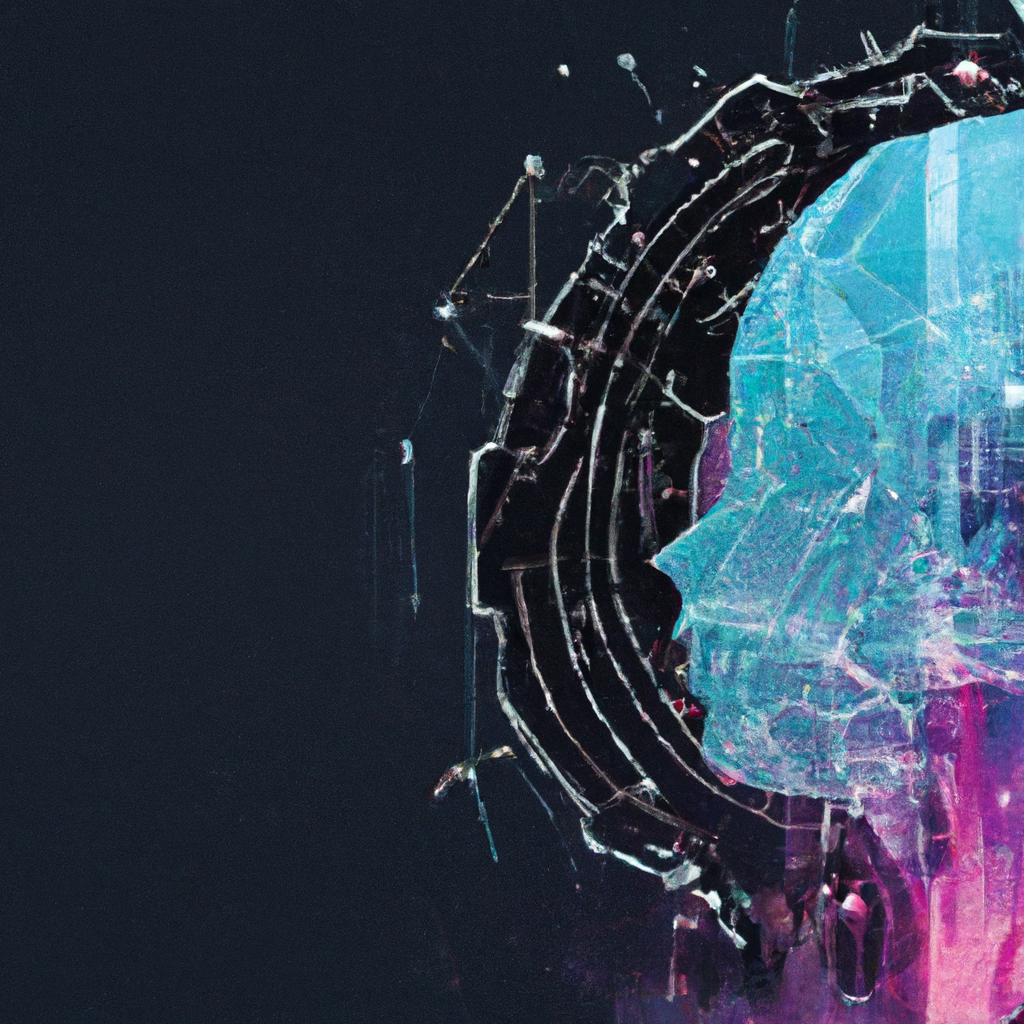
Improved Personalization
One of the main advantages of AI in marketing is its ability to deliver personalized experiences to individual customers. AI-powered customer segmentation allows businesses to analyze vast amounts of data and gain insights into customer preferences, behaviors, and demographics. This enables marketers to tailor their messaging and offers based on specific customer segments, ensuring that each customer receives content that aligns with their interests and needs.
AI-Powered Customer Segmentation
AI leverages predictive analytics and behavioral analysis to segment customers effectively. Predictive analytics uses historical data and machine learning algorithms to forecast future behaviors and trends. By identifying patterns and correlations, AI can automatically group customers into different segments based on their predicted preferences and behaviors. This enables marketers to create targeted campaigns and deliver personalized content to each segment, increasing the chances of engagement and conversion.
Predictive Analytics
By leveraging AI and predictive analytics, businesses can better understand customer behavior and predict future actions. For example, using AI algorithms, you can identify which customers are likely to churn and take proactive measures to retain them. By analyzing various data points such as purchase history, browsing behavior, and demographic information, AI can accurately predict customer actions and provide insights for effective marketing strategies.
Behavioral Analysis
AI-powered tools can analyze customer behavior, both online and offline, to gain valuable insights. By tracking website interactions, social media engagement, and purchase history, AI can identify patterns and preferences unique to each customer. This allows businesses to understand customer needs in real-time and deliver personalized recommendations, offers, and content that resonate with individual preferences.
Real-Time Insights
Another advantage of AI is its ability to provide real-time insights into customer behavior. By continuously analyzing data, AI algorithms can identify trends and patterns as they emerge, allowing marketers to make immediate adjustments to their marketing strategies. This enables businesses to stay agile and responsive, ensuring that marketing efforts are always aligned with customer preferences and market trends.
Enhanced Customer Engagement
AI can significantly enhance customer engagement by enabling businesses to deliver personalized and interactive experiences. Through AI-powered chatbots, virtual assistants, and dynamic content creation, businesses can create memorable customer interactions that drive engagement and foster brand loyalty.
Automated Lead Generation
AI-powered chatbots can streamline the lead generation process by engaging with website visitors, answering their queries, and collecting relevant information. By using natural language processing and machine learning algorithms, these chatbots can understand and respond to customer inquiries in a personalized and efficient manner. This automation not only saves time but also improves the overall customer experience, increasing the chances of lead conversion.
Seamless Customer Experience
AI enables businesses to create seamless customer experiences by integrating various touchpoints and channels. By analyzing customer data from multiple sources, such as social media, websites, and customer relationship management (CRM) systems, AI algorithms can provide a holistic view of each customer. This allows businesses to deliver consistent and personalized experiences across different channels, ensuring that customers feel understood and valued at every interaction.
Predictive Customer Behavior
By leveraging AI technology, businesses can predict customer behavior and tailor their marketing efforts accordingly. For instance, AI algorithms can analyze customer interactions with a brand’s content and predict the likelihood of a purchase or engagement. This enables marketers to proactively target customers who are most likely to convert, increasing the effectiveness of their marketing campaigns.
Efficient Data Analysis
One of the most significant advantages of AI in marketing is its ability to analyze vast amounts of data quickly and accurately. By automating data analysis processes, businesses can uncover valuable insights and make data-driven decisions with ease.
Automated Content Generation
AI can streamline content creation by automating various processes such as writing, image generation, and video editing. By leveraging natural language processing and machine learning algorithms, AI can generate high-quality, personalized content at scale. This not only saves time and resources but also ensures consistent messaging and brand voice across different content pieces.
Smart Content Curation
AI-powered content curation tools can effectively sift through massive amounts of information and curate relevant content for customers. These tools utilize machine learning algorithms to understand customer preferences and recommend articles, blog posts, videos, and social media posts that align with their interests. By delivering personalized content recommendations, businesses can enhance customer engagement and foster a deeper connection with their audience.
Dynamic Personalization
With AI, businesses can dynamically personalize content based on real-time customer data. By analyzing customer behavior and preferences, AI algorithms can deliver customized offers, recommendations, and messaging in real-time. This real-time personalization not only improves customer experience but also increases the chances of conversion, as customers are presented with content that is most relevant to their current needs and interests.
AI in Advertising
AI has transformed the field of advertising by enabling businesses to optimize their ad campaigns and target customers effectively. Through programmatic advertising, contextual targeting, and ad optimization, AI ensures that your ads reach the right audience at the right time.
Programmatic Advertising
Programmatic advertising uses AI algorithms to automate ad buying and placement. By leveraging real-time data and machine learning, programmatic advertising platforms can accurately target ads to specific audiences, increasing the chances of engagement and conversion. This automated approach also eliminates the need for manual intervention, making ad campaigns more efficient and cost-effective.
Contextual Targeting
AI-powered tools can analyze the context of a webpage or content piece to deliver targeted ads that align with the content and the user’s interests. By understanding the meaning and sentiment of the content, AI algorithms can identify the most appropriate ads to display, ensuring that ads are relevant and non-disruptive to the user experience. This targeted approach improves ad performance and enhances customer engagement.
Ad Optimization
AI can optimize ad campaigns by continuously analyzing data and making real-time adjustments. By monitoring ad performance metrics such as click-through rates, conversions, and engagement, AI algorithms can identify patterns and trends. This allows marketers to make data-driven decisions and optimize their ad campaigns to maximize results. AI can automatically allocate budgets, adjust targeting parameters, and fine-tune ad creatives based on real-time data, ensuring that your ads are always performing at their best.
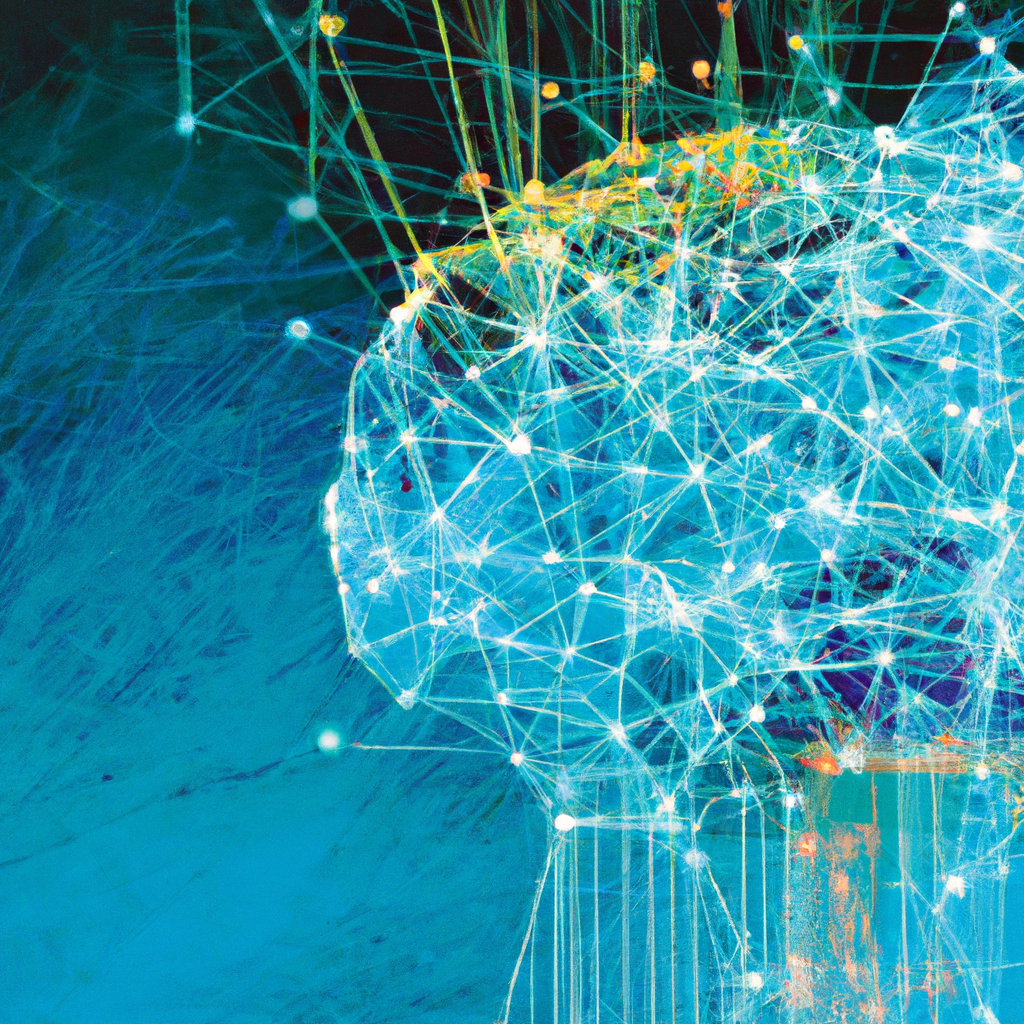
The Role of AI in Social Media Marketing
Social media marketing has been greatly enhanced by AI technology, offering businesses tools to listen to customer sentiments, provide instant support through chatbots, and identify influential individuals for collaboration.
Social Listening and Sentiment Analysis
AI-powered tools can analyze social media data to gain valuable insights into customer sentiments, opinions, and trends. By monitoring conversations, mentions, and hashtags, businesses can understand how customers perceive their brand and make data-driven decisions accordingly. Sentiment analysis algorithms can identify positive and negative sentiments expressed by customers, enabling businesses to address issues promptly and capitalize on positive feedback.
Chatbot Support
AI-powered chatbots have become an integral part of social media marketing, providing instant and personalized support to customers. These chatbots can understand and respond to customer inquiries, provide recommendations, process orders, and handle basic customer service tasks. By automating these interactions, businesses can provide round-the-clock support, enhance customer satisfaction, and improve response times.
Influencer Identification
AI technology can identify influential individuals on social media platforms who can help businesses promote their products or services. By analyzing engagement, reach, and relevance of social media users, AI algorithms can identify individuals who have a significant impact on their followers. This allows businesses to collaborate with influencers strategically, ensuring that their brand message reaches a wider audience and resonates with potential customers.
Voice Search and AI SEO
With the rise of voice assistants and smart speakers, optimizing for voice search has become essential for businesses. AI technology can help businesses adapt to this trend by optimizing their SEO strategies and leveraging natural language processing capabilities.
Optimizing for Voice Search
AI enables businesses to optimize their content for voice search queries. Voice search typically consists of longer and more conversational queries compared to traditional text-based search. By understanding the nuances of voice search queries, AI algorithms can optimize content to match customer intent and increase the chances of appearing in voice search results. This includes taking into account factors such as natural language usage, question-based queries, and micro-moments.
AI-Powered SEO Strategies
AI-driven SEO tools can analyze vast amounts of data and provide actionable insights to improve search engine rankings. By analyzing historical search data, competitor performance, and market trends, AI algorithms can identify optimization opportunities and recommend strategies to increase organic visibility. These tools can also monitor the effectiveness of implemented SEO strategies and provide real-time recommendations for continuous improvement.
Natural Language Processing
AI-powered natural language processing (NLP) capabilities enable businesses to understand and respond to customer queries more effectively. By processing and understanding human language, NLP algorithms can interpret the intent behind customer queries and provide accurate, relevant answers. This enhances the user experience by delivering more precise search results and allows businesses to provide personalized recommendations and solutions.
Enhancing UX with AI
AI technology offers numerous opportunities to enhance user experience (UX) by providing personalized and interactive interfaces. By leveraging chatbots, virtual assistants, and AI-driven website personalization, businesses can create seamless and engaging experiences for their customers.
Chatbots and Virtual Assistants
AI-powered chatbots and virtual assistants can greatly improve the user experience by providing instant and personalized support. These virtual assistants can assist customers in navigating websites, answer frequently asked questions, and provide product recommendations. By mimicking a human conversation, chatbots and virtual assistants can create a more personalized and interactive user experience, leading to increased customer satisfaction and engagement.
AI-Driven Website Personalization
AI enables businesses to deliver personalized website experiences based on user preferences, behavior, and real-time data. By analyzing customer data and behavior, AI algorithms can dynamically adjust content, offers, and recommendations to match individual user needs. This level of personalization creates a more engaging and relevant website experience, increasing customer satisfaction and driving conversion rates.
Voice-Activated Interfaces
AI-powered voice-activated interfaces, such as voice assistants and smart speakers, can enhance UX by providing hands-free and intuitive interactions. These interfaces enable users to perform tasks, obtain information, and make purchases through voice commands. By leveraging AI’s natural language processing capabilities, these interfaces can understand and respond to user queries accurately, improving usability and convenience.
AI and Predictive Analytics
AI technology plays a significant role in predictive analytics, allowing businesses to forecast and plan more effectively. By analyzing historical data, predicting demand, and implementing dynamic pricing strategies, businesses can optimize their operations and increase profitability.
Improved Forecasting and Planning
AI-powered predictive analytics can help businesses improve their forecasting accuracy and make data-driven decisions. By analyzing historical data and market trends, AI algorithms can forecast future demand, sales, and market conditions. This enables businesses to plan more effectively, allocate resources efficiently, and make informed strategic decisions.
Demand Prediction
AI algorithms can analyze various data points, such as historical sales data, customer behavior, and external factors, to predict future demand accurately. By understanding demand patterns and variables that influence customer purchasing decisions, businesses can optimize their inventory management, production planning, and marketing efforts. This ensures that businesses can meet customer demands while minimizing inventory costs and maximizing profitability.
Dynamic Pricing
AI-driven dynamic pricing strategies enable businesses to adjust prices in real-time based on various factors such as demand, competition, and customer behavior. By analyzing data and using machine learning algorithms, businesses can identify optimal price points that maximize revenue and profitability. Dynamic pricing allows businesses to respond quickly to market changes, optimize pricing strategies, and provide personalized pricing offers to individual customers.
Challenges and Ethical Considerations
While AI offers numerous benefits to the marketing industry, it is crucial to address the challenges and ethical considerations that arise with its implementation.
Data Privacy and Security
One of the main concerns in AI marketing is maintaining data privacy and security. The collection and analysis of vast amounts of customer data raise concerns about how this data is stored, accessed, and used. Businesses must prioritize data protection and implement robust security measures to safeguard customer information. Transparency in data collection practices and obtaining customer consent is essential to establishing trust and maintaining privacy.
Bias and Discrimination
AI algorithms are only as good as the data they are trained on. If the training data contains bias or discriminatory patterns, AI algorithms can perpetuate these biases. It is crucial for businesses to ensure that their data sets are diverse, representative, and free from bias. Regular monitoring and audits of AI systems can help identify and address any biases that may arise.
The Human Touch
While AI can automate and enhance many marketing tasks, it is important to remember the importance of the human touch. Building authentic connections with customers and understanding their unique needs requires a human element. Businesses must strike a balance between automation and personalization to ensure that AI enhances, rather than replaces, human expertise in marketing strategies.
In conclusion, AI marketing offers numerous benefits, from improved personalization and enhanced customer engagement to efficient data analysis and predictive analytics. By harnessing the power of AI, businesses can optimize their marketing efforts, deliver personalized experiences, and drive success in a rapidly evolving digital landscape. However, it is crucial to address the challenges and ethical considerations that come with AI implementation to ensure responsible and effective use of this transformative technology. With the right strategies and considerations in place, AI can be a powerful tool in shaping the future of marketing.
